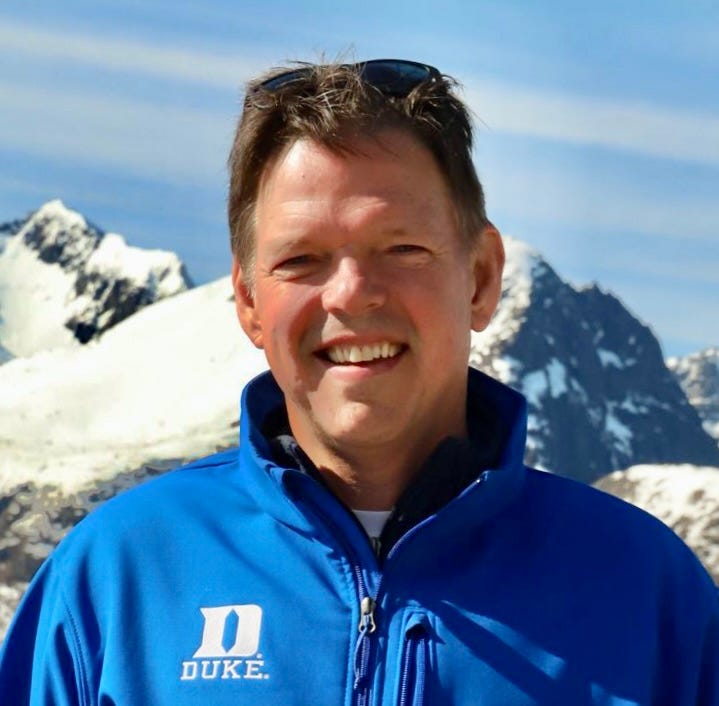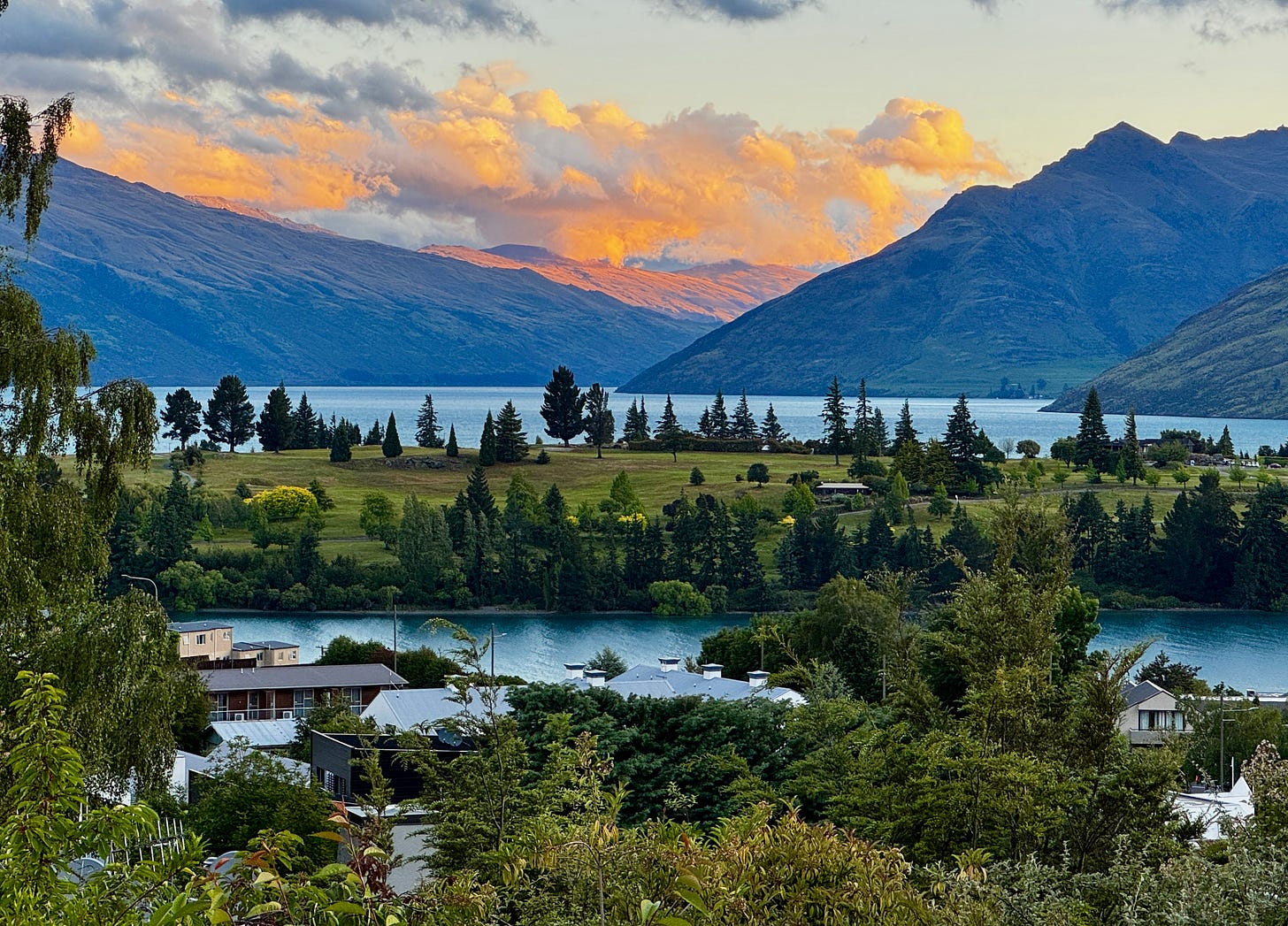I’ve been a devoted reader of Substack for several months, and love the low-friction, conversational way it allows ideas to flow—directly from thinkers I admire into my life and work. That experience has inspired me to launch my own Substack and create space for regular writing, exploration, and dialogue.
I’m calling this space In The Watershed. Why that name? A few reasons:
Because everything is in a watershed.
Literally. A watershed is a land area where all the water that falls—rain, snow, etc.—flows into a shared body of water like a river, lake, or ocean. It’s nature’s drainage system, and everything in it is connected. Tiny rivulets feed streams, streams become rivers, rivers empty into oceans. Oceans, in turn, are nourished by thousands of watersheds. That image resonates with how I think about this writing space: as a defined ecosystem, but one fed by many sources—books, news, conversations, dreams, ideas, meditation. My goal is to connect the streams, trace the patterns, and help make sense of a complex world.
Because things move at their own pace in a watershed.
Some water seeps into aquifers for centuries; other droplets race back to the ocean in minutes. The system is closed—nothing lost, nothing added—but the journey varies. Similarly, I expect to pursue a mix of writing projects here, each with its own purpose, rhythm, and audience. Some pieces will move quickly and respond to current events. Others will take longer to evolve and take shape. Some may feel more personal; others, more professional. Hopefully, they’ll inform one another in meaningful ways. You can follow the streams that interest you—and let others pass you by. Over time, I hope this becomes a healthy, evolving ecosystem of ideas.Because we are all upstream and downstream of each other.
In a watershed, no one is isolated. Every drop of water—every action, decision, or omission—carries consequences downstream. What happens upstream affects the health, safety, and future of those below. That truth is both ecological and moral. It reminds us that interdependence is not optional—it’s a fact of life.
In business, policy, and daily life, we’re constantly shaping outcomes for others—whether through carbon emissions, financial systems, technological shifts, or community choices. We may not always see the impact of our actions, but it flows onward just the same.
I want this space to explore those connections. To wrestle with our responsibilities—not just to our peers and audiences, but to future generations, distant communities, ecosystems, and those most vulnerable in our settings. In The Watershed is a space for asking: What are we sending downstream? And what are we willing to receive with care?
What to Expect
In the coming weeks, I’ll launch a new series titled The Next Economy: Business, Energy & Sustainability in Transition. This multi-part series will explore how climate change, the energy transition, AI, and market forces are reshaping global industries. I plan to publish about two briefings per month—ranging from long-form essays and trend reports to interviews and reflections on major events.
All of it will live here on Substack, which will serve as a long-term home for insights, commentary, and analysis. I’ll also cross-post to LinkedIn, and experiment with audio, video, and short-form content—maybe even TikTok.
Let’s Make Sense of the World—Together
I want In The Watershed to be a space for conversation, not just publication. I welcome your comments, questions, ideas, collaborations, and friendship. If you’re a former student, I hope this is a way to keep the dialogue going. If we’ve never met, I hope you’ll join the conversation.
The world can be disorienting—but meaning flows when we connect the streams. I’m grateful that you’re here.
Bio: Dan Vermeer
Associate Professor of the Practice, Fuqua School of Business
Executive Director, Center for Energy, Development, and the Global Environment
Duke University
Dr. Dan Vermeer is an Associate Professor of the Practice at Duke University’s Fuqua School of Business, where he leads the Center for Energy, Development, and the Global Environment (EDGE). EDGE works at the intersection of global environmental and societal challenges and business strategy through education, research, and collaboration. His latest work is on energy transition, climate education, and ocean innovation.
At Duke, Dan co-leads a national initiative with 45 member universities called ClimateCAP, focused on integrating climate change into the business school curriculum. He is also co-founder of the Oceans@Duke initiative, which brings together diverse experts to develop innovative solutions to the world’s ocean sustainability challenges.
Vermeer joined Duke from The Coca-Cola Company, where he led the company’s Global Water Initiative. He plays a leading public role in advocating for sustainable development through speaking, research, and institution-building.
Dan has a Bachelor’s degree in Psychology from Hope College, a Master’s degree in Cultural Anthropology from the University of Virginia, and a Ph.D. in Learning Sciences from Northwestern University. He lives with his wife in Durham, NC, and has two young adult children
.



